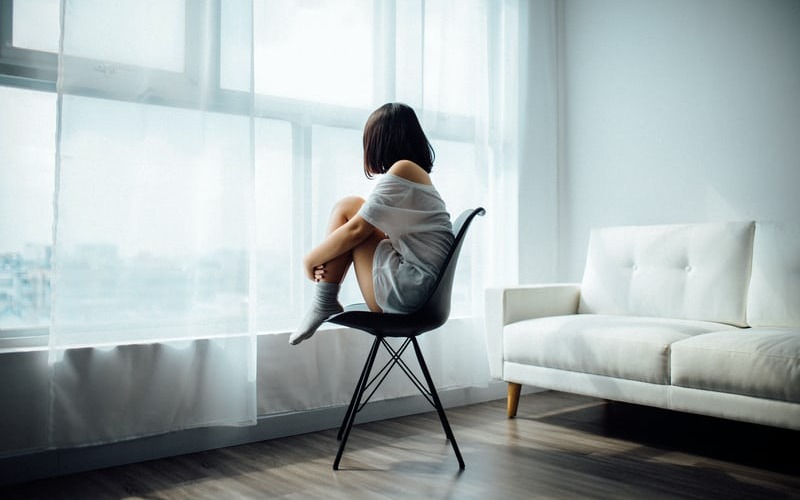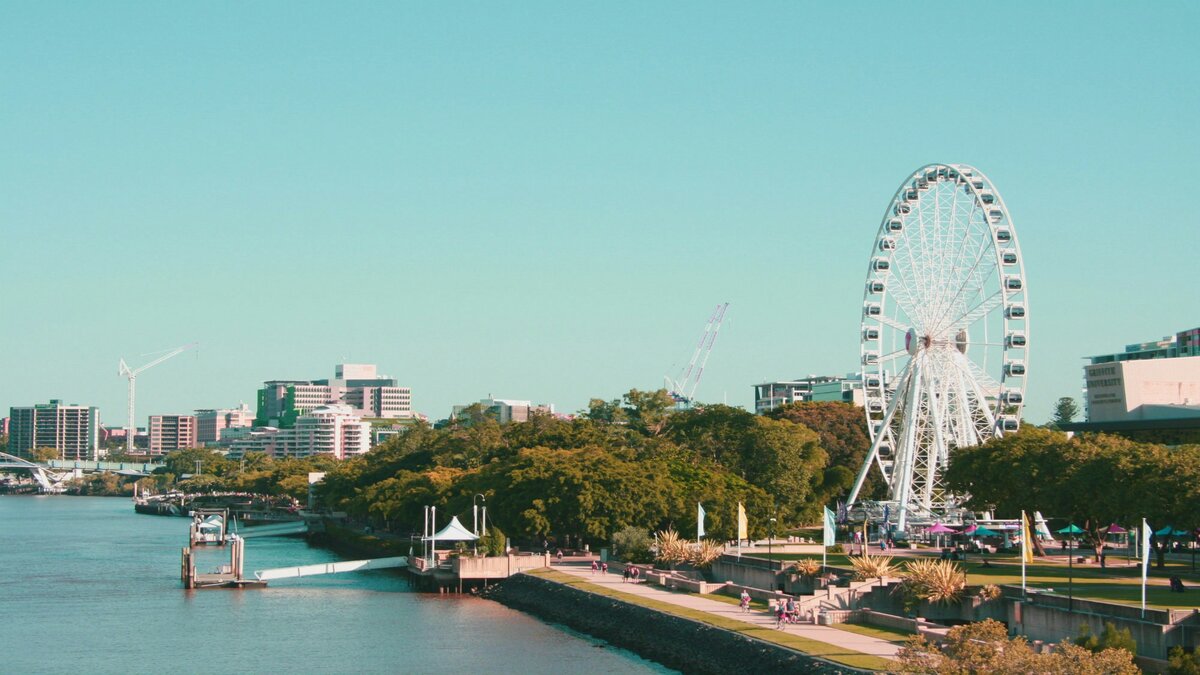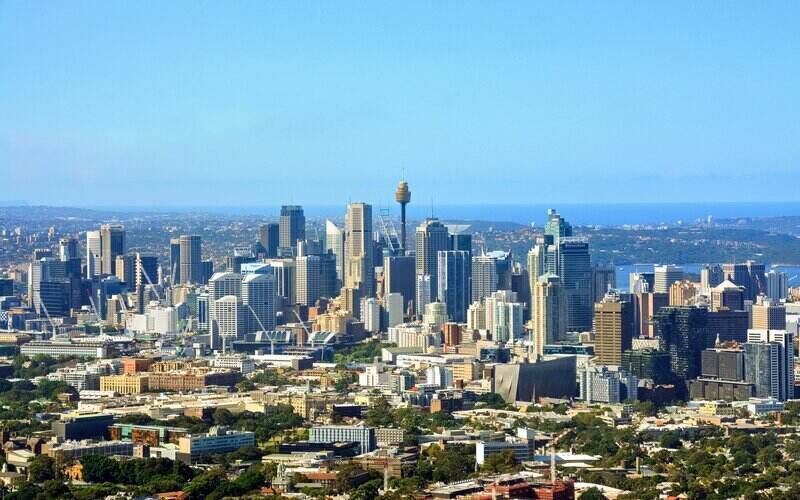The Australian Housing and Urban Research Institute's (AHURI) 'Renting in the time of COVID-19' research paper also found about one in eight renters had withdrawn their super to 'make ends meet', while a third of renters accessed their savings.
Looking to compare low-rate, variable home loans? Below are a handful of low-rate loans in the market.
| Lender | Home Loan | Interest Rate | Comparison Rate* | Monthly Repayment | Repayment type | Rate Type | Offset | Redraw | Ongoing Fees | Upfront Fees | Max LVR | Lump Sum Repayment | Extra Repayments | Split Loan Option | Tags | Features | Link | Compare | Promoted Product | Disclosure |
|---|---|---|---|---|---|---|---|---|---|---|---|---|---|---|---|---|---|---|---|---|
5.54% p.a. | 5.58% p.a. | $2,852 | Principal & Interest | Variable | $0 | $530 | 90% |
| Promoted | Disclosure | ||||||||||
5.49% p.a. | 5.40% p.a. | $2,836 | Principal & Interest | Variable | $0 | $0 | 80% |
| Promoted | Disclosure | ||||||||||
5.64% p.a. | 5.89% p.a. | $2,883 | Principal & Interest | Variable | $250 | $250 | 60% |
| Promoted | Disclosure | ||||||||||
5.64% p.a. | 5.89% p.a. | $2,883 | Principal & Interest | Variable | $248 | $350 | 60% |
| Disclosure |
Average super withdrawal requests averaged $7,401, according to the latest prudential regulator statistics.
Approximately 25% of tenants were "dependent on a government allowance or pension as their main source of income".
The state with the highest dependency among tenants was in Tasmania at 39%, followed by South Australia at 36%.
One in three renters had requested or were planning to ask for a rent reduction or deferral.
Among those who had requested a change, 42% were granted a reduction, 17% entered into a rent deferral arrangement, but 30% had their request knocked back, and 6% were still waiting to hear back.
Research lead Professor Emma Baker from the University of Adelaide said the pandemic has changed the way we think about housing and renting.
"The pandemic, and the subsequent economic and social lockdown, has rapidly changed our housing system: the way we use our homes, our ability to afford them, and the role of government safety nets," she said.
"The pandemic has placed many people in the rental market at risk; they face uncertainty, tenure insecurity, financial hardship and significant mental health effects."
About 28% of survey respondents also reported they would need ongoing financial assistance in the next 12 months, however 40% said they would not, while 31% were uncertain.
Professor Baker pointed to a grim picture if there was not a vaccine available soon.
"With the on-going health and economic effects of the COVID-19 pandemic still evolving, if these savings and superannuation buffers eventually run out, renters will be entirely dependent on packages of government support," she said.
"In the absence of an effective and accessible vaccine, it is likely that the situation for renters captured in this mid-2020 snapshot will be different—and almost certainly worse—by mid-2021."
If you or anyone you know needs help:
- Lifeline on 13 11 14
- Kids Helpline on 1800 551 800
- MensLine Australia on 1300 789 978
- Suicide Call Back Service on 1300 659 467
- Beyond Blue on 1300 224 636
- Headspace on 1800 650 890
- ReachOut at au.reachout.com
- Care Leavers Australasia Network (CLAN) on 1800 008 774
Fewer COVID cases and lockdowns equal better outcomes for renters
The states aren't equal when it comes to the relationship between COVID-19 cases and associated lockdowns, and the uptake of government assistance.
In total, just one in twenty survey respondents had accessed JobKeeper, while 7% accessed JobSeeker, since March 2020.
In Victoria, 6% accessed JobKeeper, while just 1% accessed it in the Northern Territory, a jurisdiction relatively untouched by COVID-19.
Northern Territory renters were also less dependent on government assistance as their main source of income - totalling just 13%, compared to 21% in Victoria, or 30% in Queensland.
Additional demand for broader assistance was also "more pronounced" in southern states, with 18% of ACT households needing some assistance, along with 16% of Victorian households.
Just over one in six respondents also reported accessing income support for the first time.
Need somewhere to store cash and earn interest? The table below features introductory and ongoing savings accounts with some of the highest interest rates on the market.
| Bank | Savings Account | Base Interest Rate | Max Interest Rate | Total Interest Earned | Introductory Term | Minimum Amount | Maximum Amount | Linked Account Required | Minimum Monthly Deposit | Minimum Opening Deposit | Account Keeping Fee | ATM Access | Joint Application | Tags | Features | Link | Compare | Promoted Product | Disclosure |
|---|---|---|---|---|---|---|---|---|---|---|---|---|---|---|---|---|---|---|---|
3.70% p.a. | 5.15% p.a. Intro rate for 4 months then 3.70% p.a. | $844 | 4 months | $0 | $249,999 | $0 | $1 | $0 |
| Promoted | Disclosure | ||||||||
4.50% p.a. | 4.85% p.a. Intro rate for 4 months then 4.50% p.a. | $933 | 4 months | $0 | $99,999,999 | $0 | $0 | $0 |
| ||||||||||
4.20% p.a. | 4.95% p.a. Intro rate for 4 months then 4.20% p.a. | $899 | 4 months | $250,000 | $99,999,999 | $0 | $0 | – |
| Disclosure | |||||||||
3.05% p.a. | 4.85% p.a. Intro rate for 4 months then 3.05% p.a. | $736 | 4 months | $0 | $99,999,999 | $0 | $0 | – |
| ||||||||||
0.00% p.a. Bonus rate of 4.85% Rate varies on savings amount. | 4.85% p.a. | $992 | – | $0 | $99,999 | $0 | $0 | $0 |
| Disclosure |
Queensland's potential eviction problem
As it stands, Queensland is the only state to not extend the moratorium on residential tenancy evictions past September.
However, it has extended the moratorium for commercial tenancies.
This has led tenant advocacy organisation Better Renting to call the scenario a "bad-tasting meal".
"If they’re [Queensland Government] not going to cook up something better, the least they could do is make sure that there’s enough to go round," Better Renting director Joel Dignam said.
"The Queensland Government has sent a clear message to people who rent: we’re not here for you.
"The virus didn’t vanish at the end of September, the economic impacts are still with us, yet people who rent are now again at the mercy of their landlord when it comes to evictions."
In September, housing minister Mick de Brenni cited Queensland's "economic strength" as reason for not extending the moratorium.
However, Queensland has the second-highest unemployment rate in the country as of August, the second-highest youth unemployment rate in the country at more than 15%, and nine of the ten leading postcodes for mortgage deferrals in Australia.
Unemployment in the state also went up to 7.7% September, up from 7.4% in August.
However, Queensland's state final demand (SFD) was -5.9% in the June quarter, ahead of Australia's GDP at -7.0%.
Real Estate Institute of Queensland CEO Antonia Mercorella said in April that landlords were "thrown to the wolves".
Ms Mercorella also cited Queensland's relatively cheap median rental price for a three bedroom home at $360 a week as reason for not extending the moratorium.

Ready, Set, Buy!
Learn everything you need to know about buying property – from choosing the right property and home loan, to the purchasing process, tips to save money and more!
With bonus Q&A sheet and Crossword!








.jpg)

 Harry O'Sullivan
Harry O'Sullivan

 Denise Raward
Denise Raward
 Alex Brewster
Alex Brewster


